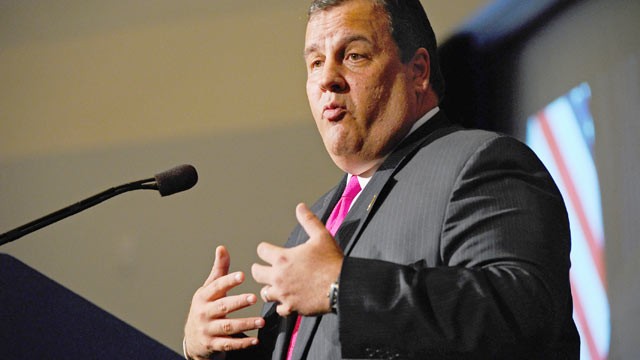 New Jersey governor Chris Christie believes that online gambling in the state could balloon to a $1.2 billion goldmine next year. If only people would get cookies for wishful thinking.
New Jersey governor Chris Christie believes that online gambling in the state could balloon to a $1.2 billion goldmine next year. If only people would get cookies for wishful thinking.
A report released by Fitch Ratings earlier this week projects that online gambling revenue in New Jersey would fall in the range of $200 – $300 million next year. A few years after that, the figure could grow up to as much as $500 – $700 million. The implication is being made clear: Christie’s initial estimates are grossly overstated.
It’s hard to blame Christie for being a tad bit optimistic about the gross revenue from online gambling; after all, the man worked really hard to get the whole thing off the ground and he can be excused for smelling the roses a little bit. But Fitch Rating is taking a more conservative, if not more realistic approach with its assessment, explaining that various factors will inhibit the growth of online gambling in the first few years.
For one, the ratings service said that early revenues will be directly impacted by concerns from credit card companies on whether to allow online gambling transactions. It could be fixed and ironed out in due time, but not in the immediate future.
A far more likely scenario would be to see online gambling siphon off more gamblers out of the Atlantic City casinos, a possibility that could likewise derail the belief that online gambling would save the AC casino market. Fitch believes that while some companies stand to benefit from the early novelty of online gambling, “it will not single-handedly turn around” the entire AC casino market.
Fitch’s report also backed comments made by Office of Legislative Services’ David Rosen, who back in May corrected Christie’s earlier prediction that the state would collect $180 million revenue in its first year to somewhere around $30 million, drawing the ire of the perpetually agitated governor to question whether Rosen had “just lost it or whether he’s playing politics.”
Well, Fitch Ratings’ report estimated that at the revenue level, the state would stand to collect anywhere from $30 to $45 million in taxes, and not the $180 million that Christie ever-so proudly boasted back in March.
The report does come with some good news, at least for some casinos in the state. According to Fitch, Caesars and Borgata are expected to be the big winners, thanks in large part to fielding the largest and most successful brands in the state. On the other end of the stick, low-tier brands like Revel, Resorts and Atlantic Club are expected to flounder due to a shallow client pool and little resources at their disposal.
